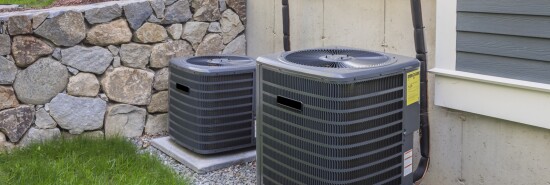
Renewable energy plans could be bad news for my heat rash
Brendan Clarey
Video Embed
When I dreamed of my Tennessee vacation, I pictured myself lightly bronzed from days spent on the lake and beside the pool. Instead, I found myself in the same sorry state I succumb to every time I try to enjoy the radiant rays of the sun: slathered in lanolin, dusted like a doughnut in Gold Bond body powder, and dripping with calamine lotion.
I know you don’t want to hear about my skin conditions, but it seems my heat rash could get a lot worse in the coming years if lawmakers in my home state of Michigan get their way.
BIDEN MANAGES TENSE RELATIONS WITH CHINA AS COVID-19 ISSUES REEMERGE
A spate of bills introduced by Senate Democrats earlier this year would require that Michigan’s energy companies offer consumers electricity sourced from 100% renewable energy by 2035, 60% renewable energy between 2030-34, and a 15% renewable energy portfolio through 2029.
Critics of the introduced legislation called them “blackout bills” in testimony during a Senate committee hearing Thursday and said they could mean increased costs for consumers down the road.
As I have opined before, the climate plan from Michigan’s Democratic Gov. Gretchen Whitmer indicates her administration knows costs will increase. Her MI Healthy Climate plan, which the spate of legislation is based on, would ensure low-income families don’t pay more than 6% of their income on energy.
It’s also not like renewable energy costs are theoretical. Consumers in California, which relies on renewable energy, pay remarkably higher rates than those in nearby states, Washington and Oregon.
Jacking up the price of electricity would be bad news for me and my heat rash because my family is already paying peak prices to keep our house cool in the hottest part of the day, thanks to the Michigan Public Service Commission’s approving DTE Electric’s summer rates last year.
The utility recommends consumers “pre-cool” their houses before the peak hours of 3 p.m. to 7 p.m., but DTE execs have never had to spend the afternoon working upstairs in our small bungalow where the sun hits the roof and makes you feel like you’re a biscuit in a wood-fired stove.
If the price of energy keeps going up, I’ll be forced to choose between keeping my skin condition at bay or paying for our next vacation; actually, I can just tell you now that we’ll be staying home to keep the AC blowing at my afflicted joints. Goodbye, Tennessee.
More seriously, would retirees and others on fixed incomes who are trying to beat the heat be put at risk because it costs more to run the air conditioner in the hottest months? Would they be forced to choose between eating meals and staying cool?
I’m not a climate change denier, and I think we need to do as much as we can to take care of the earth so that our children’s children can enjoy it as much as we do. But are there not more moderate approaches to our energy future than mandating that Michigan use renewable-only in just over a decade?
There has to be a better way to find a cleaner energy future than by fiat.
We must also consider efficacy: How much of an effect would Michigan’s proposed clean-energy mandate have on climate change while emissions continue to be spewed by India, China, and the rest of the developing world?
CLICK HERE TO READ MORE FROM THE WASHINGTON EXAMINER
We need to balance conserving our resources and protecting the planet with free-market technological advances in order to boldly go into a future that has affordable, reliable energy for everyone — and air conditioning for me and my heat rash.
Brendan Clarey is an education editor who lives outside Detroit. His opinions have also appeared in the Detroit News, USA Today, and the New York Post.
